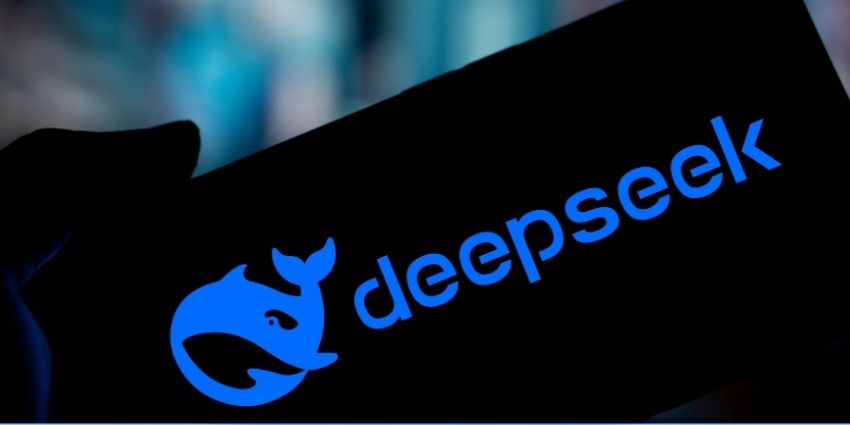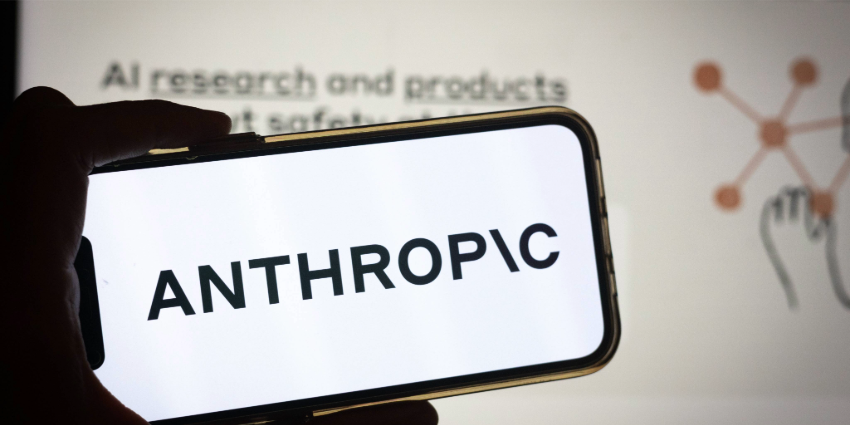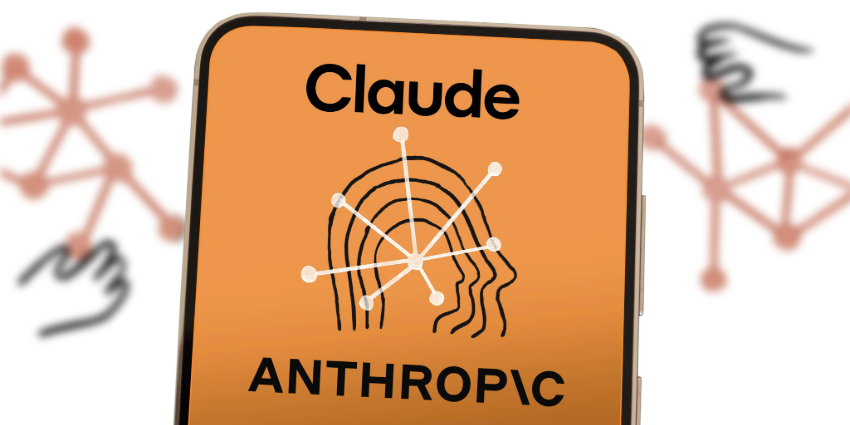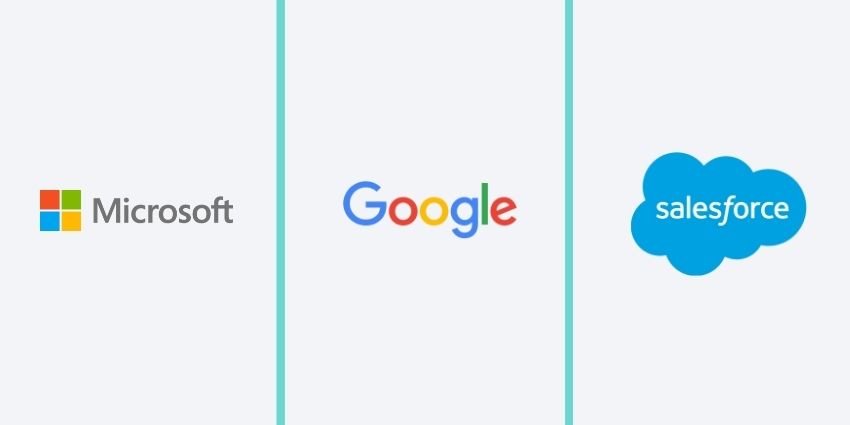There’s always a moment in tech where something shifts, not dramatically, not all at once, but subtly enough that you only see the full picture later. DeepSeek feels like that moment.
It’s not flashy. It hasn’t dominated headlines like ChatGPT did. But it’s starting to make ripples. And depending on where it goes, it might change how we interact with information in a way that matters more than people expect.
We’ve all gotten used to asking machines for help. Whether it’s to write an email, summarise a report, or explain a complicated idea. But up until now, most AI has been very good at sounding smart, not necessarily being smart. DeepSeek is part of a new crop of tools that seem to be aiming higher.
From Search to Understanding
The pitch behind DeepSeek is straightforward: it doesn’t just look things up, it reasons. That sounds abstract, but it means this: instead of just spitting out facts or links, it tries to understand what you’re asking, and then think through an answer like a human would. Not perfectly, of course. But it’s trying.
It can handle complex questions, compare multiple sources, and lay out a line of reasoning. And that’s a shift from how most of us grew up using the internet. Search used to be about keywords. You typed in what you thought you needed, then waded through a bunch of links. DeepSeek wants to skip that step. You ask the question, and it handles the digging, connecting, and explaining.
Some are calling it a “reasoning engine.” Others just say it’s smarter than the tools we’ve been using. Whatever you call it, the experience is noticeably different, especially if you’ve got a task that involves thinking, not just finding.
And here’s where it gets interesting. DeepSeek appears to be open-source, or at least heading in that direction. Which means developers can tweak it, build on top of it, and improve it without waiting for a central company to approve every change. That’s a big deal, not just for coders, but for how this kind of intelligence spreads and evolves.
OpenAI Isn’t the Only Game in Town Anymore
For a while, it felt like OpenAI was the centre of gravity for artificial intelligence. Their models were ahead of everyone else’s. Their name carried weight. And with Microsoft backing them, they weren’t just dominant, they were integrated into everything. Word, Excel, search, apps, chatbots. You name it.
But dominance brings limits. As OpenAI grew, so did the walls around it. APIs got expensive. Access got controlled. And developers, the ones building cool stuff on top of these tools, started to feel like they were working inside someone else’s gated community.
That’s why DeepSeek matters. It’s not necessarily better than GPT-4 across the board, yet. But it’s open, fast-evolving, and clearly built with the idea that intelligence should be a little more… public. It’s part of a wave of new models that are trying to bring choice back into the space.
You could argue that DeepSeek didn’t just show up; it opened a door. Since its arrival, there’s been a noticeable shift in momentum. We’ve seen more open models released, more startups experimenting outside the shadow of GPT, and a lot more serious conversation around what “open” really means in AI. Part of that is timing, sure. But part of it is because DeepSeek proved there was a demand, and a space, for something different. It challenged the idea that high-performance AI had to be locked down or gatekept. And in doing so, it may have quietly accelerated the pace of innovation across the board. Not because it was louder or better marketed, but because it reminded everyone that intelligence doesn’t have to be owned to be useful.
Suddenly, there’s an alternative to Openai’s ChapGPT that’s powerful and potentially more cost-effective. One that you can adapt to your industry, plug into your systems, even train on your data, without handing over everything to a giant tech firm.
Think about internal knowledge tools, customer service bots, R&D workflows, and compliance checks. If you’ve ever had a team buried under documents, legal texts, reports, or raw data, something like DeepSeek could save weeks, and surface insights no one had time to find before.
Why did it work? Because DeepSeek didn’t just compete on capability, it competed on philosophy. It showed that powerful models could be released more openly, with fewer restrictions, and still hold their own. That mattered to developers who were tired of black-box systems, to researchers who wanted to fine-tune models without legal gymnastics, and to smaller companies who couldn’t afford to be locked into high-priced APIs. By showing that a serious, reasoning-first model could exist outside of the big tech ecosystems, and still be effective, DeepSeek gave people permission to imagine something more diverse, more collaborative, and more accessible. That ripple effect is what helped push the market wider
It’s not about replacing people. It’s about making knowledge more usable. And in business, that’s gold.
But It’s Not Just About the Tech
Here’s where things get a bit deeper, and more political.
The rise of tools like DeepSeek isn’t happening in a vacuum. Global tensions are rising, especially between the US and China. AI, as it turns out, isn’t just a tech race, it’s a geopolitical one. Who builds the best models? Who controls the chips? Who sets the rules?
DeepSeek, from what we know, has links to China. That’s not necessarily a problem, but it’s definitely going to attract attention. Especially if the US shifts back toward more aggressive tech policies under a second Trump administration. If that happens, we might see new bans, export controls, or pressure campaigns around AI the same way we’ve seen with Huawei or TikTok.
All of which means tools like DeepSeek might become more than just a Google alternative, they could become symbolic battlegrounds in a much bigger fight over global influence and digital sovereignty.
Where This Might Be Going
So what does all this mean, really?
Maybe DeepSeek will stay relatively niche. Maybe it won’t scale like GPT. Or maybe it’ll quietly become the go-to engine for smart tools across industries. Either way, it’s already doing something important, it’s making space.
Space for different ideas. Different approaches. A little more openness. A little more competition. And, hopefully, a better balance between innovation and control.
If there’s one thing AI has taught us so far, it’s that small shifts can lead to big changes. The move from search to reasoning might sound subtle, but in a few years, we could be looking back and realising that this was the beginning of a different kind of internet, one where machines don’t just help us find information, but actually help us think.
And maybe, just maybe, they’ll do it in ways we can actually understand.








